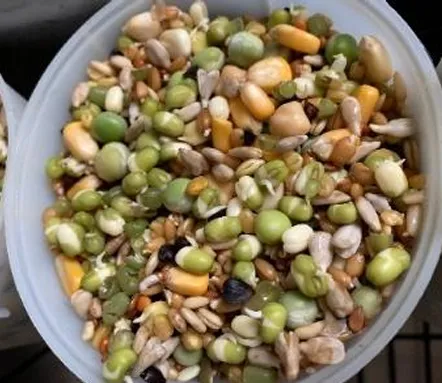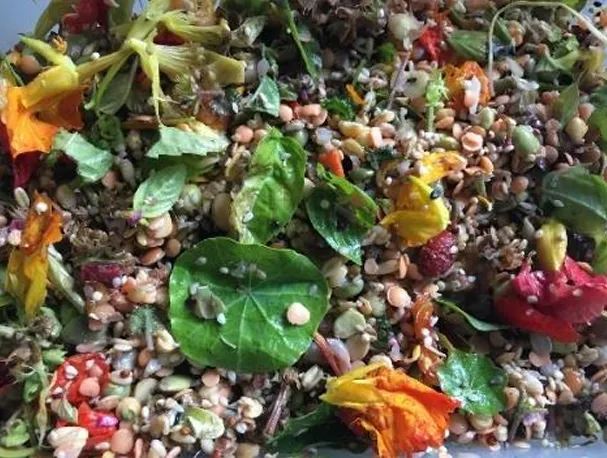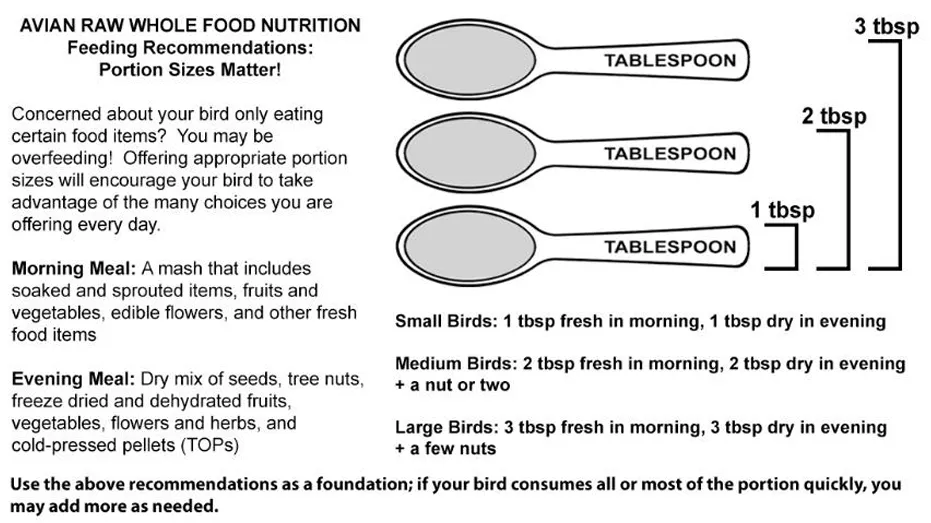For dedicated parrot owners, ensuring a vibrant and healthy life for their feathered companions is a top priority. A cornerstone of avian well-being lies in providing optimal Avian Raw Whole Food Nutrition. Moving beyond conventional seed mixes, a diet rich in fresh, unprocessed ingredients mimics a parrot’s natural foraging habits and delivers a spectrum of vital nutrients. This guide, drawing on the expertise of Dr. Jason Crean, will walk you through crafting a balanced raw whole food diet that supports your parrot’s longevity and vitality.
The shift to an avian raw whole food nutrition plan offers numerous benefits, including enhanced hydration, superior nutrient absorption due to enzyme activity, and reduced exposure to artificial additives found in many commercial foods. It also promotes mental stimulation as birds engage with varied textures and flavors.
Understanding Avian Raw Whole Food Nutrition Principles
The philosophy behind this feeding approach centers on offering a diverse array of fresh, unprocessed foods daily. Unlike many dry kibbles or seed mixes, a raw whole food diet prioritizes living foods such as sprouts, fresh vegetables, and fruits. The general rule is that dry foods should only be introduced after your parrot has consumed its fresh food portion, ideally removed at bedtime to ensure the fresh meal is their first sight in the morning. This encourages the consumption of nutrient-dense options.
The Morning Fresh Food Mash: A Detailed Guide
The cornerstone of your parrot’s daily diet is the morning fresh food mash. This prepared mix is designed for convenience and nutrient density, and can be refrigerated in an airtight container or frozen for up to two months. The mash components are carefully proportioned to provide balanced nutrition.
Your fresh food mash should typically consist of:
- Soaked Items (10-15%): These include seeds, shelled nuts, lentils, and split peas, soaked for 8-12 hours. Soaking begins the germination process, making nutrients more bioavailable and reducing enzyme inhibitors.
- Sprouted Items (10-20%): Seeds, legumes, and grains, carefully sprouted. Sprouting significantly increases the nutritional value, enhancing vitamins, enzymes, and protein content.
- Vegetables (30-40%): A vibrant mix of diced, shredded, or chunked vegetables suitable for your bird’s size. Include leafy greens, squashes, peppers, and other bird-safe options.
- Dry Matter (10-15%): Ingredients like dried greens, flowers, or dry grains help absorb excess moisture in the mash while adding fibrous nutrients.
It’s important to note that fruits are generally not added directly to the mash to avoid excessive moisture that can lead to spoilage, but they should be offered daily as a separate, fresh addition.
Step-by-Step Sprouting for Optimal Nutrition
Creating living sprouts is a simple yet crucial step in providing top-tier avian raw whole food nutrition.
Step 1: Rinse: Begin by thoroughly rinsing your dry sprouting items in cool, clean water. This removes any surface dust or debris.
Step 2: Soak: Completely submerge all items in cool, clean water for 10-12 hours. This kick-starts the germination process.
Step 3: Sprout: During the active sprouting phase, it is vital to drain and rinse the sprouts 2-3 times daily with cool water. For added stability and to deter bacterial growth, submerge the sprouts in a solution of GSE (Grapefruit Seed Extract) stabilizer after each rinse, leaving the solution on until the next rinse. Once you observe small root tails emerging, typically within 12-24 hours after soaking for a dedicated bird sprouting mix, perform a final rinse. These ready-to-feed sprouts can then be added to your mash. Certain items, like those in specific bird products or shelled nuts, may only require an overnight soak rather than full sprouting. Always ensure a thorough rinse before adding to the mash, regardless of whether they are soaked or sprouted.
 Freshly rinsed sprouts are a cornerstone of avian raw whole food nutrition, ready to enhance your parrot's diet.
Freshly rinsed sprouts are a cornerstone of avian raw whole food nutrition, ready to enhance your parrot's diet.
Crafting Your Parrot’s Mash
Once your sprouts are prepared, it’s time to assemble the nutritious mash. In a large mixing bowl, combine all your ingredients. Start by incorporating dried greens or forages, such as the Biodiversity Bird Blends Green Forage mentioned by Dr. Crean. Follow this with your freshly prepared sprouts and a generous mix of chopped fresh greens and other selected vegetables.
When selecting produce, aim for variety and nutrient density. Excellent suggestions include kale, collard greens, mustard greens, dandelion greens, carrots (with their tops), various peppers, red cabbage, pea pods, Brussels sprouts, and broccoli. Consider growing microgreens yourself for an ultra-fresh addition. While parrots can enjoy a wide array of produce, select items that hold their texture well and are less prone to wilting quickly.
 A vibrant and nutritious mash, showcasing a blend of fresh greens, sprouts, and vegetables, essential for parrot health.
A vibrant and nutritious mash, showcasing a blend of fresh greens, sprouts, and vegetables, essential for parrot health.
Feeding Guidelines for Fresh Mash
Offer your parrot enough mash that they can consume within a few hours. This prevents spoilage and encourages them to eat the fresh food while it’s at its best. Feel free to vary the specific fresh additions each day, introducing different vegetables, edible flowers, or even small, safe portions of fruits separately. This constant rotation provides a wider range of nutrients and keeps your bird engaged. For those interested in specific dietary components, learning about a cockatiel food diet can also provide useful insights into avian nutritional needs, even for larger parrots, by understanding foundational principles.
Evening Dry Feeding: Complementing the Fresh Diet
After removing any remaining morning fresh food, the late afternoon or evening is the ideal time to offer a dry mix. This dry feeding complements the morning mash, ensuring your parrot receives a complete spectrum of nutrients. A well-rounded dry mix can include a variety of items:
- Dry seeds and grains
- Freeze-dried vegetables and fruits
- Organic parrot pellets (such as TOPs brand)
- Dried flowers
- Even freeze-dried mealworms for an added protein boost
This comprehensive approach to avian raw whole food nutrition, combining fresh morning mashes with a balanced dry evening mix, ensures your parrot receives consistent and complete nourishment. It’s a holistic method designed to mirror their natural dietary requirements, promoting both physical and mental well-being.
 A selection of dry feeding components, including seeds, pellets, and freeze-dried items, rounding out a parrot's daily nutrition.
A selection of dry feeding components, including seeds, pellets, and freeze-dried items, rounding out a parrot's daily nutrition.
Conclusion
Embracing avian raw whole food nutrition is a powerful way to foster the health and happiness of your parrot. By consistently providing a diet rich in fresh, sprouted, and whole ingredients, you are investing in their long-term vitality. The detailed planning of morning mashes and evening dry feeds, guided by expert advice like that from Dr. Jason Crean, offers a structured yet flexible framework for optimal care. Always ensure food hygiene and fresh water availability. For more specific dietary needs or health concerns, consulting an avian veterinarian is always recommended to tailor the best nutritional plan for your unique companion. You can find more comprehensive information and connect with a community focused on this diet through resources like the Avian Raw Whole Food Nutrition group on Facebook.
References:
- Dr. Jason Crean – Avian Nutrition Expert.
- Biodiversity Bird Blends.
